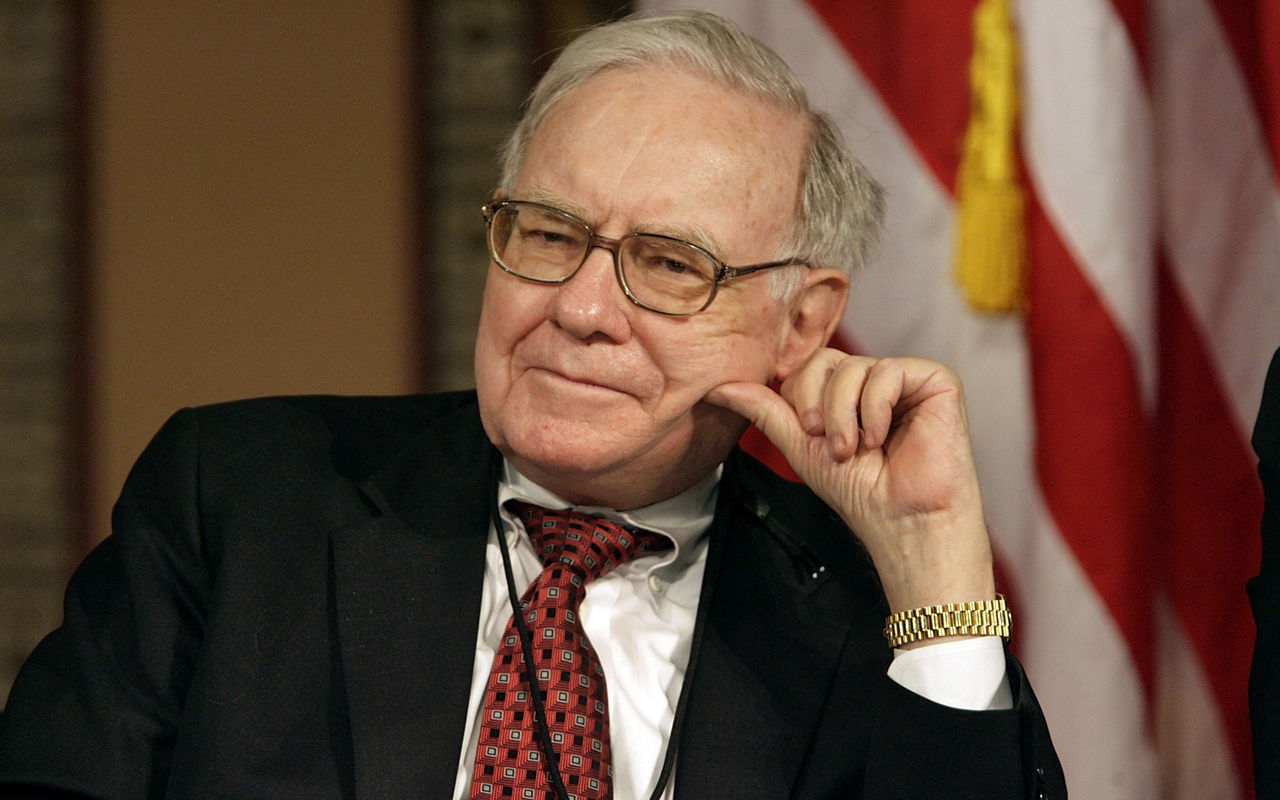Profit and prosper with the best of Kiplinger's advice on investing, taxes, retirement, personal finance and much more. Delivered daily. Enter your email in the box and click Sign Me Up.
You are now subscribed
Your newsletter sign-up was successful
Want to add more newsletters?

Delivered daily
Kiplinger Today
Profit and prosper with the best of Kiplinger's advice on investing, taxes, retirement, personal finance and much more delivered daily. Smart money moves start here.

Sent five days a week
Kiplinger A Step Ahead
Get practical help to make better financial decisions in your everyday life, from spending to savings on top deals.

Delivered daily
Kiplinger Closing Bell
Get today's biggest financial and investing headlines delivered to your inbox every day the U.S. stock market is open.

Sent twice a week
Kiplinger Adviser Intel
Financial pros across the country share best practices and fresh tactics to preserve and grow your wealth.

Delivered weekly
Kiplinger Tax Tips
Trim your federal and state tax bills with practical tax-planning and tax-cutting strategies.

Sent twice a week
Kiplinger Retirement Tips
Your twice-a-week guide to planning and enjoying a financially secure and richly rewarding retirement

Sent bimonthly.
Kiplinger Adviser Angle
Insights for advisers, wealth managers and other financial professionals.

Sent twice a week
Kiplinger Investing Weekly
Your twice-a-week roundup of promising stocks, funds, companies and industries you should consider, ones you should avoid, and why.

Sent weekly for six weeks
Kiplinger Invest for Retirement
Your step-by-step six-part series on how to invest for retirement, from devising a successful strategy to exactly which investments to choose.
John Woerth, a spokesman for the Vanguard fund family, says he measures the hysteria of the media by the number of talking heads appearing at any one time on CNBC. At 2:40 p.m. on August 8, with the stock market sinking fast, the dreaded "octo-head" materialized. Woerth reacted by sending out a wry e-mail suggesting that it was time to sell stocks and buy Spam and bottled water.
Meanwhile, he reports, relatively few Vanguard customers sold stocks or stock funds, and those who did sell were roughly matched by those who bought (Vanguard is the largest mutual fund company by assets; see Vanguard’s Fad-Free, Low-Fee Approach for more on the fund juggernaut). This occurred on a day when some commentators were saying that investors were “running for the hills” and “cashing out.”
The disconnect between reality and the Chicken Little pronouncements of the financial media is often profound. Your first reaction to these sorts of divergences may be to say, so what? The problem is that by playing on investors’ psychological biases, the media can influence our behavior in a way that can be harmful to our wealth.
From just $107.88 $24.99 for Kiplinger Personal Finance
Become a smarter, better informed investor. Subscribe from just $107.88 $24.99, plus get up to 4 Special Issues

Sign up for Kiplinger’s Free Newsletters
Profit and prosper with the best of expert advice on investing, taxes, retirement, personal finance and more - straight to your e-mail.
Profit and prosper with the best of expert advice - straight to your e-mail.
Take, for example, the notion that investors are rushing to cash. That may be true for many institutions and traders, both professional and amateur. But when it comes to individual investors, the vast majority sit tight during financial crises. Reporting to the contrary, however, can trigger the herd-mentality bias. We’re wired to think that there’s safety in numbers, and so we are tempted to follow the herd. Worse, it has been proved that actions of the herd can actually change the way we perceive a problem, bending our thinking to the herd’s point of view.
Many investors also tend to rely on third-party experts during periods of uncertainty, a phenomenon known as social proofing, says hedge-fund manager Lauren Templeton. But all those supposed experts pontificating throughout the day simply reflect the current state of emotions, says Templeton, who teaches a course in behavioral finance. “Successful investing relies on rational decision-making, which in many instances requires delayed gratification,” she says.
Our biases become exaggerated during times of uncertainty, says Alok Kumar, finance professor at the University of Miami. One important bias, he says, is loss aversion, or the sometimes irrational pain we feel at losing money -- which can goad us to sell just to avoid further pain. Losses hurt more if you’re watching the news continuously and taking the trip down with a falling index. If you’re invested for the long term, “it’s best to ignore the news,” he says.
And rapid-fire reporting often lacks perspective, which can lead to excessive focus on what’s happened lately, known as recency bias. Vanguard strategist Francis Kinniry says it’s important to weed out the noise, especially during a crisis, and focus just on the important things that might really lead to change. He reminds us that the U.S. economy is the world’s largest by a wide margin, and that the market value of all U.S. stocks is 45% of the world’s value. “Everyone’s in love with China and India, but their markets are about the size of Apple’s market value,” he says.
Bottom line: If you’re a long-term investor and don’t want your financial biases messing with your head and undermining your portfolio, don’t drink too long from the financial media’s fire hose.
Profit and prosper with the best of Kiplinger's advice on investing, taxes, retirement, personal finance and much more. Delivered daily. Enter your email in the box and click Sign Me Up.

-
 Betting on Super Bowl 2026? New IRS Tax Changes Could Cost You
Betting on Super Bowl 2026? New IRS Tax Changes Could Cost YouTaxable Income When Super Bowl LX hype fades, some fans may be surprised to learn that sports betting tax rules have shifted.
-
 How Much It Costs to Host a Super Bowl Party in 2026
How Much It Costs to Host a Super Bowl Party in 2026Hosting a Super Bowl party in 2026 could cost you. Here's a breakdown of food, drink and entertainment costs — plus ways to save.
-
 3 Reasons to Use a 5-Year CD As You Approach Retirement
3 Reasons to Use a 5-Year CD As You Approach RetirementA five-year CD can help you reach other milestones as you approach retirement.
-
 How I'm Going to Invest My Mega Millions Lottery Jackpot
How I'm Going to Invest My Mega Millions Lottery JackpotThe odds of winning the Mega Millions lottery are effectively zero, but here's how I'm investing my fortune should I hit the jackpot.
-
 Four Random Facts and Thoughts About Warren Buffett
Four Random Facts and Thoughts About Warren BuffettIf I love Warren Buffett so much why don't I just marry him?
-
 Investing in Gold Is Dumb
Investing in Gold Is DumbStocks are better than gold for both generating wealth and offering protection against inflation.
-
 What's So Scary About a Mega-Cap Tech Bull Market?
What's So Scary About a Mega-Cap Tech Bull Market?Bears say the market can't keep rallying when only five mega-cap tech stocks are driving returns, but history suggests otherwise.
-
 We Are Not in a Bull Market
We Are Not in a Bull MarketIt takes more than a 20% gain off the low to proclaim the beginning of a new bull market.
-
 Why I Don't Buy Stocks
Why I Don't Buy StocksIt's nearly impossible to beat the market – but it is cheap and easy to match it.
-
 Amy Domini on the Secrets of Sustainable Investing
Amy Domini on the Secrets of Sustainable InvestingESG An ESG pioneer says finding good corporate citizens is the best way to make money.
-
 New Ways to Invest in Bitcoin
New Ways to Invest in BitcoinBecoming an Investor ProShares Bitcoin Strategy and other ETFs offer an easier way to gain bitcoin exposure than buying the actual cryptocurrency.
